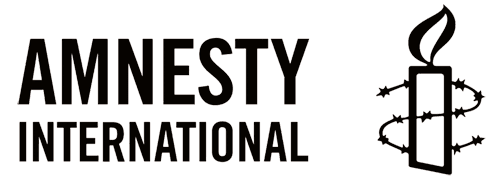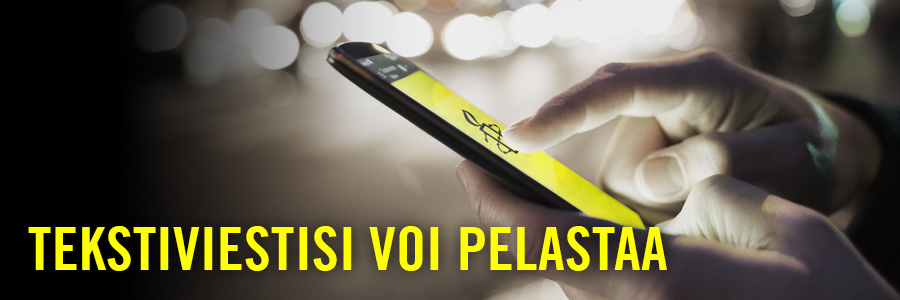I am gravely concerned that Iranian authorities are seeking the death penalty in grossly unfair sham trials against at least 28 people prosecuted in connection to the uprising sweeping the country since mid-September. Officials announced that six people were sentenced to death in November for “enmity against God” (moharebeh) and/or “corruption on earth” (efsad-e fel arz). Their sentences are appealable to the Supreme Court. The authorities have not disclosed their names but, based on publicly available information, Amnesty International believes they include Sahand Nourmohammad-Zadeh, Mahan Sedarat Madani, Manouchehr Mehman Navaz, who were tried separately before Revolutionary Courts in Tehran, as well as Mohammad Boroughani, and Mohammad Ghobadlou. Mohammad Boroughani, and Mohammad Ghobadlou were tried with four others – Abolfazl Mehri Hossein Hajilou, Mohsen Rezazadeh Gharagholou, Saman Seydi (Yasin), Saeed Shirazi – before a special tribunal addressing “charges against recent rioters”.
Fifteen other people are on trial for “enmity against God” before a Revolutionary Court in Karaj, Alborz province. They include a married couple – Farzaneh Ghare-Hasanlou and Hamid Ghare-Hasanlou – and three 17-year-old boys – Amin Mohammad (Mehdi) Shokrollahi, Amir Mohammad (Mehdi) Jafari and Arian Farzamnia. The other defendants in this case are Mohammad Mehdi Karami, Seyed Mohammad Hosseini, Reza Arya, Mehdi Mohammadi, Shayan Charani, Mohammad Amin Akhlaghi, Reza Shaker Zavardahi, Javad Zargaran, Behrad Ali Kenari and Ali Moazemi Goudarzi. The authorities are also seeking the death penalty against Akbar Ghafari and Majidreza Rahnavard, who are on trial in Tehran province and Khorasan Razavi province, respectively; Toomaj Salehi, a dissident rapper whose charges stem from his music and social media posts; and Ebrahim Rigi, from Iran’s oppressed Baluchi minority.
The 28 individuals have all been denied fair trials including the rights to access lawyers of their choosing; to be presumed innocent; to remain silent; and to receive a fair, public hearing. According to informed sources, several defendants were tortured and their torture-tainted “confessions” were used as evidence. State media broadcast forced “confessions” of at least nine defendants prior to trial. The three children are on trial in adult courts, in breach of the Convention on the Rights of the Child, which Iran has ratified.
I urge you to immediately quash all convictions and death sentences, refrain from seeking further death sentences, and ensure that anyone charged with a recognizable criminal offence is tried in proceedings meeting international fair trial standards without recourse to the death penalty and that principles of juvenile justice are observed for child defendants. I urge you to release all those detained for exercising their rights to freedom of expression, association and peaceful assembly. I urge you to provide detainees access to their families and lawyers of their own choosing, protect them from torture and other ill-treatment and investigate torture allegations, bringing anyone found responsible to justice in fair trials. Finally, grant independent observers from embassies in Iran access to capital trials connected to protests.
Taustaa
Amnesty International fears that, in addition to the 28 people identified, many others are at risk of execution, given the thousands of indictments issued. These concerns are heightened by official calls for speedy trials and public executions. Of the nine men tried before different Revolutionary Courts or the special tribunal in Tehran in late October or early November, only Mohammad Ghobadlou is prosecuted in connection with the death of a police official. Mohammad Boroughani is charged for alleged involvement in arson and attacking a state agent and the remaining seven men are charged in relation to alleged acts of vandalism, arson and destruction of public and private property. This constitutes a further serious violation of the Iranian authorities’ obligations under international law, which provides that capital crimes must be limited to “the most serious crimes” involving intentional killing. Mohammad Ghobadlou has been tortured or otherwise ill-treated in detention, including through prolonged solitary confinement and denial of his medication. A forensic report dated 20 October also pointed to bruising and injuries on his body sustained while in detention.
The group trial of a further 15 individuals for “enmity against God” (moharebeh) began before Branch 1 of the Revolutionary Court in Alborz province on 30 November. The authorities have attributed to all defendants collectively the fatal assault of an agent of the Basij paramilitary force, without specifying each defendant’s alleged involvement in the incident. Among those on trial is a married couple, Farzaneh Ghare-Hasanlou and Hamid Ghare-Hasanlou, who is a medical doctor. According to an informed source, the authorities tortured the couple to extract forced “confessions” from Hamid Ghare-Hasanlou and coerce Farzaneh Ghare-Hasanlou to make incriminating statements against him. On 6 November, two days after their arrests, state media broadcast videos describing the couple and others depicted therein as “murderers” and airing their forced “confessions”. On 1 December, he was removed from hospital, where he had undergone surgery for the internal bleeding, and taken to court for trial while he was heavily sedated and recovering from surgery and then returned to hospital afterwards. The couple’s first two lawyers dropped their case after intelligence and security agents threatened them.
Majidreza Rahnavard’s trial for “enmity against God” (moharebeh) began before a Revolutionary Court on 29 November. The authorities have accused him of fatally stabbing two Basij agents in Mashhad, Khorasan Razavi province, on 17 November, just 12 days prior to the start of his trial. Prior to his trial, state media broadcast videos of Majidreza Rahnavard being interrogated by officials and state media reporters while blindfolded and making self-incriminating statements under duress. He is labelled a “murderer” in the videos in breach of the presumption of innocence. In the videos, his left arm appears heavily bandaged and in a cast, raising concerns of torture.
Dissident rapper Toomaj Salehi was arrested in Chaharmahal and Bakhtiari province on 31 October. His charge of “enmity against God” (moharebeh) and “corruption on earth” (efsad-e fel arz) appears to stem solely from his critical music and social media posts, denouncing unjust practices of the Islamic Republic establishment and calling for freedom and human rights for the people of Iran. His case has been sent to the Revolutionary Court in Esfahan. According to an informed source, he has been tortured in detention.
Amnesty International gathered information indicating that Ebrahim Rigi and Akbar Ghafari also face capital charges, but no official announcements by Iran’s judiciary were made regarding their cases unlike the 26 others. Akbar Ghafari, who was arrested after sheltering protesters at his sister’s home in Tehran, is charged with “enmity against God” (moharebeh) in connection with the death of a security agent in Tehran. According to a prisoner who was briefly detained alongside him in Evin prison, Akbar Ghafari, who is unable to read, was forced under torture to sign a statement, which he later discovered falsely incriminated him in the killing. He is now detained incommunicado in the Greater Tehran Penitentiary, also known as Fashafouyeh prison. Ebrahim Rigi, from Iran’s Baluchi minority, was arrested on 13 September in Zahedan, Sistan and Balcuhistan province.


